In the waning seconds of a close game between Heat Check Gaming and Knicks Gaming, Knicks guard Eric “YEYNotGaming” Ward unexpectedly found himself wide open in the corner of the court. The packed house in the NBA 2K League studio exploded when he nailed a three pointer, giving his team a lead they wouldn’t relinquish. That shot made the hometown New York squad into champions and capped an exciting first season for the NBA 2K League.
The league had a big challenge ahead of it when it was first announced in 2017. For the first time, a major sports league dove headfirst into esports, bringing with it investments from a majority of its member franchises. The nascent league would have to grow up fast to justify that level of commitment. A year later, NBA 2K League commissioner Brendan Donohue is more than pleased with the result.
“We’re so happy,” Donohue told Dot Esports about his experience running the league. “If we used one word to describe the season, it would be ‘growth.’ We’ve seen our audience growing, we’re seeing now the number of teams in the league growing, and it’s exciting to see that kind of engagement.”
The growth can be seen in the numbers. Viewership on the league’s Twitch channel increased steadily and at the end of the season, peaked at over 30,000 viewers per weekend stream. That’s not too much lower than what more established leagues like the League of Legends LCS draws on a normal regular season weekend. Add in local media attention and a high level of sponsorships, and you have a pretty successful first season.
Each of the teams put a significant amount of work into their local communities to drive that success. It helped that they could each rely on established fanbases and connections to their NBA teams, but that didn’t make it an easy sell to convert fans and partners to esports.
“Teams are doing a great job of engaging local fans,” Donohue said. “On the business side, we have 90-plus partnerships across the league, and the cool thing is for our teams, a lot of times they’re taking their current NBA partners and helping them navigate esports.”
How reactive the league has been to its community in the first year is apparent from watching the broadcast. Donohue revealed that, as league officials tuned into Twitch chat, they picked up numerous ideas and discussed tweaks on a weekly basis. One of the biggest changes was to switch camera angles more often and to give fans different vantage points of the game and more shots of the players themselves. That led to separate point-of-view cameras on each of the players’ faces.
“As soon as we did that we saw an uptick in viewership,” Donohue said. “We’re listening to them and applying their thoughts in real time. If you watch the broadcast from week one and then now, they’re not similar.”
The league has also learned that player stories drive a ton of engagement. And there have been some amazing stories, from a player who survived cancer to make the league to another who put off playing college basketball to become the first league MVP.
Donohue singled out the players and their passion and energy levels as his biggest sources of pride for the first season. That’s resonated well with the audience, especially crossover NBA fans, who have been attracted to the league’s storytelling and background content.
As the players have learned to grow together and play as teams, those stories have only gotten better. Just like in traditional sports, each team has built its own winning culture. And that has contributed to the overall diversity and culture of the league as a whole.
“All of these players are amazing but the teams that have separated themselves have a great culture within the team,” Donohue said. “They have leadership, strong work ethic, strong sense of togetherness. It’s nice to see that culture leading to success is not just NBA basketball, it actually applies here too.”
For the future, Donohue’s goal is to take that culture and continue to grow it in more locations. The league has already announced that four additional teams will join in 2019, one of those being the Los Angeles Lakers, one of the NBA’s most storied franchises. It helps that the Lakers are based in L.A., one of the top esports hubs worldwide.
Donohue believes that growth will become easier in season two as the league expands and builds on its established foundation. He’s excited to host competitions outside of the New York studio as well, which will further increase reach. He sees no reason to stop with just North America—in fact, one of the key reasons the league hosted a Saturday morning broadcast was to capture primetime fans in Europe and other regions.
“I think you’re going to see us continue to plant seeds globally,” Donohue said. “Whether it’s fans, franchises, players, we think that could have a huge impact on our whole business.”
With the first season in the books, Donohue is excited for the future of his new esports league. He can’t wait until the league is global, has multiple facilities, and has more players. He hopes that in three years, some of these players will be real stars. That would be the best story of all—the rise of a global superstar who crosses the worlds of traditional sports and esports.



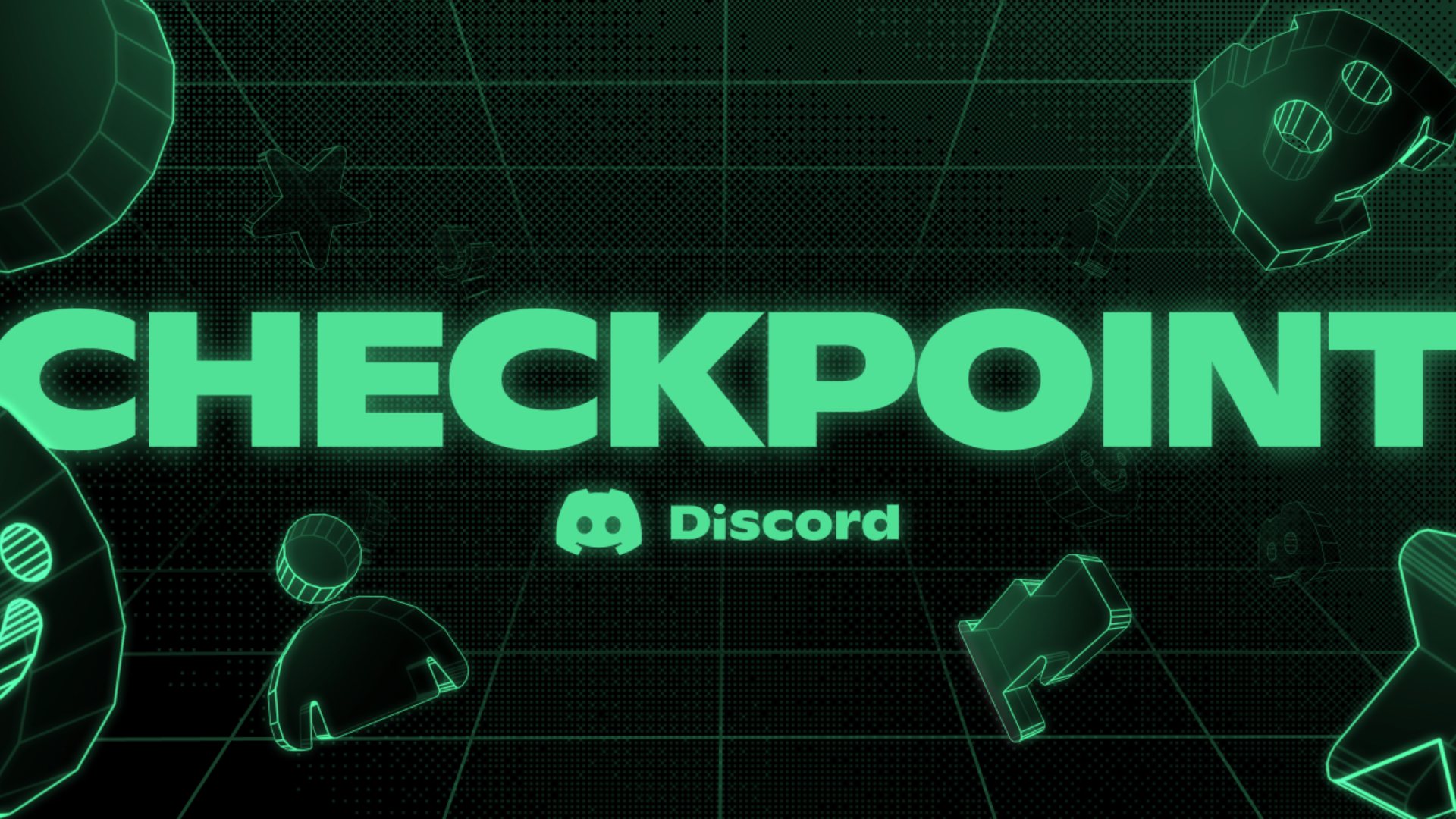


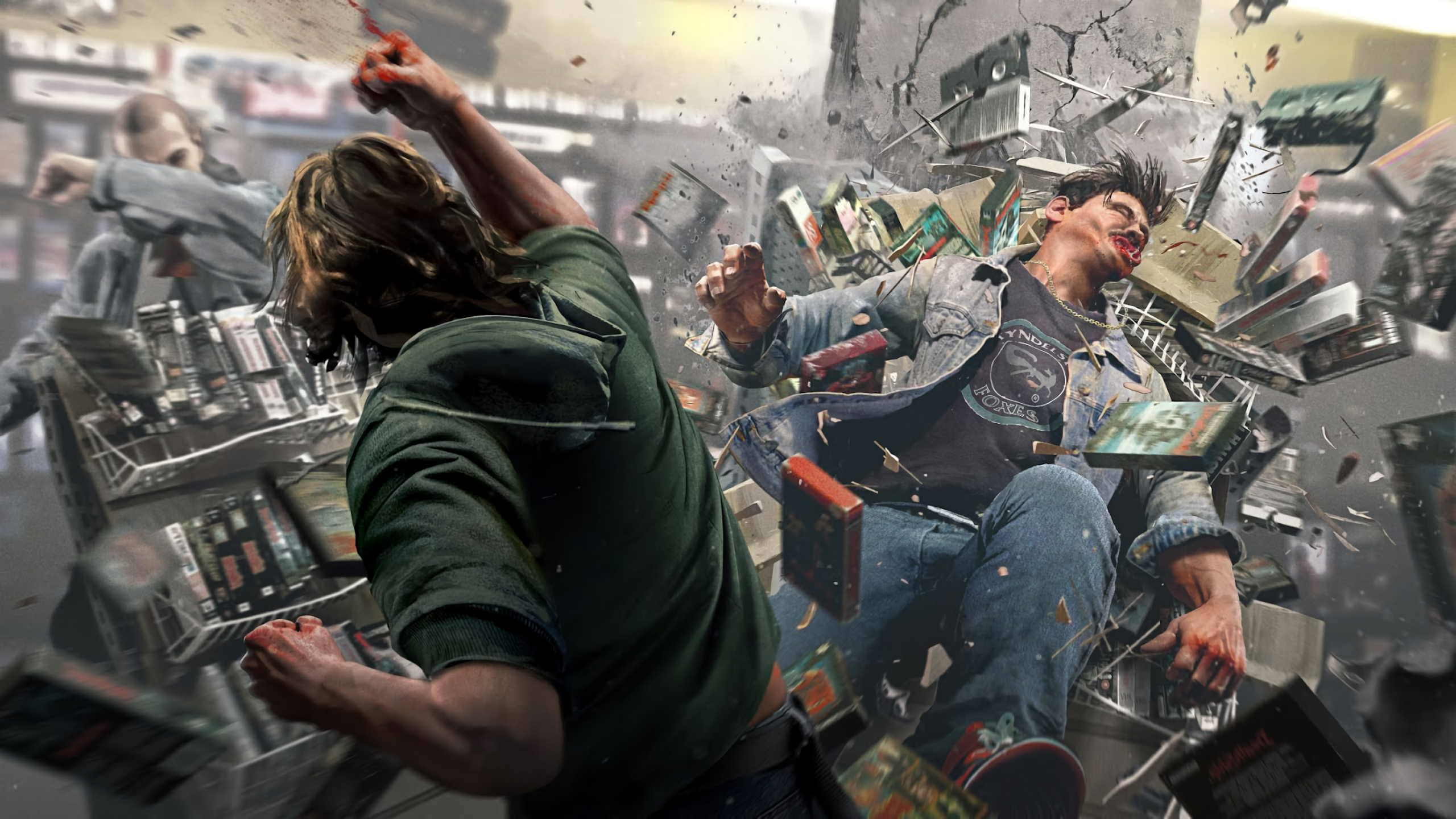
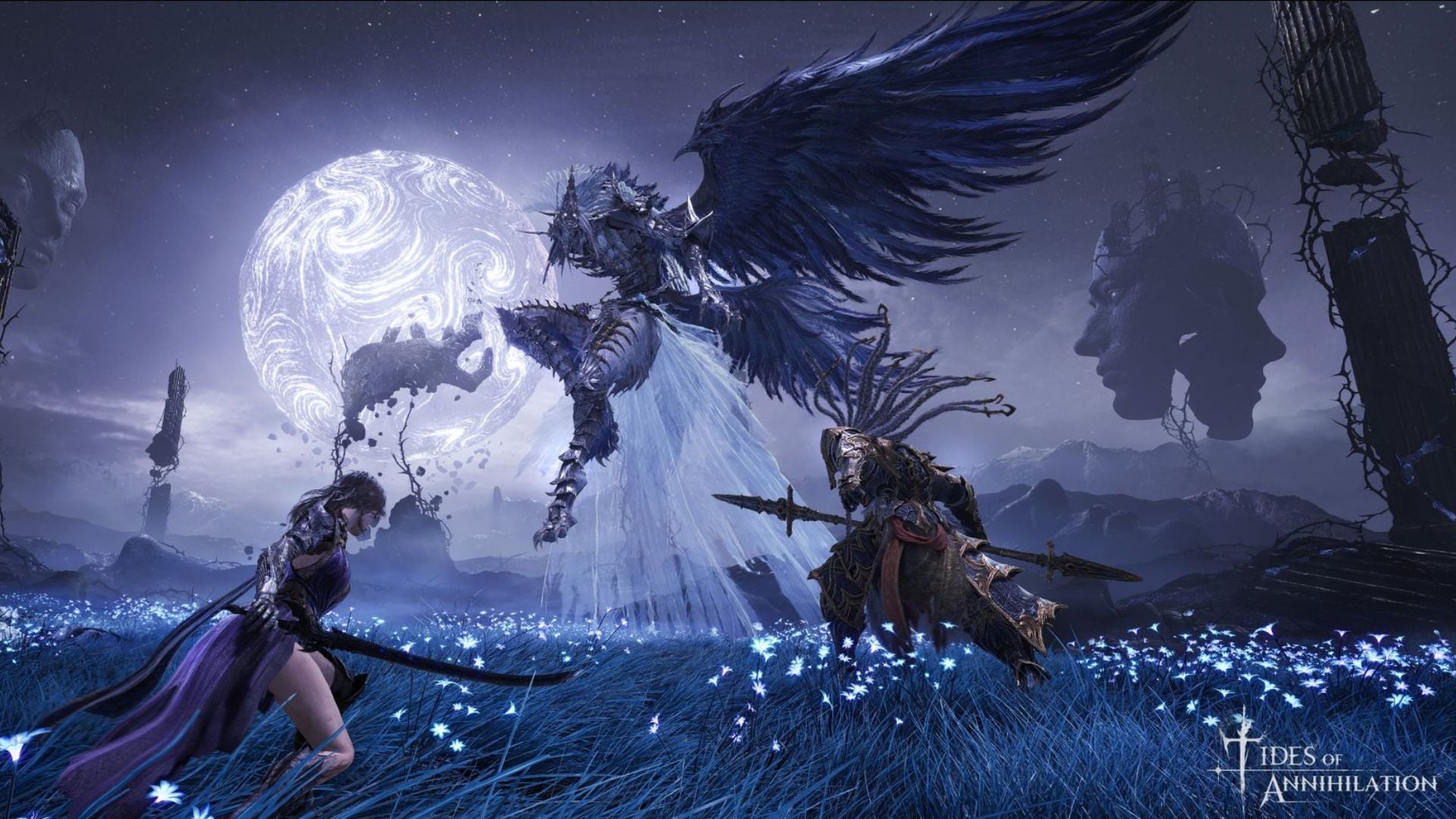
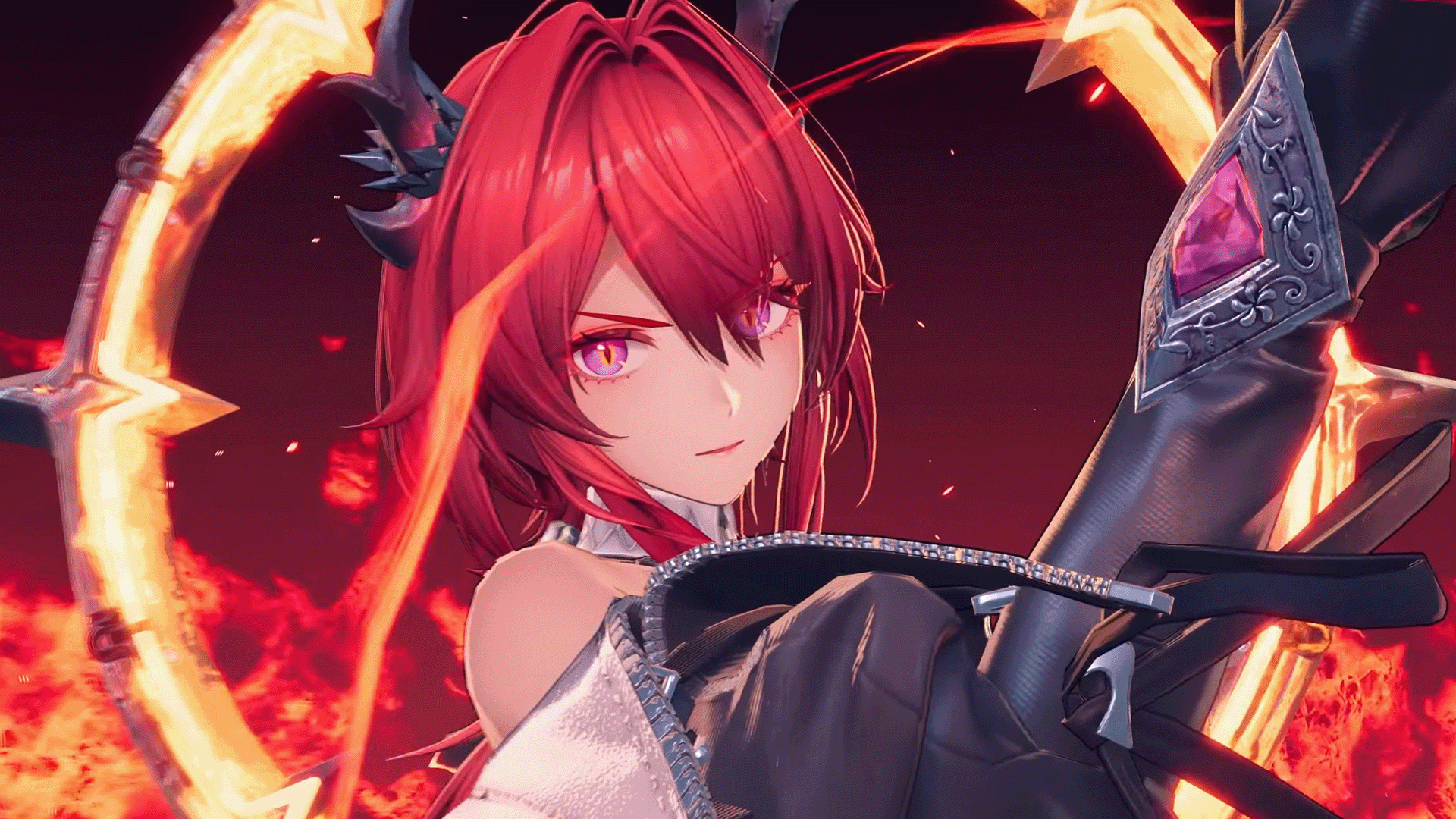
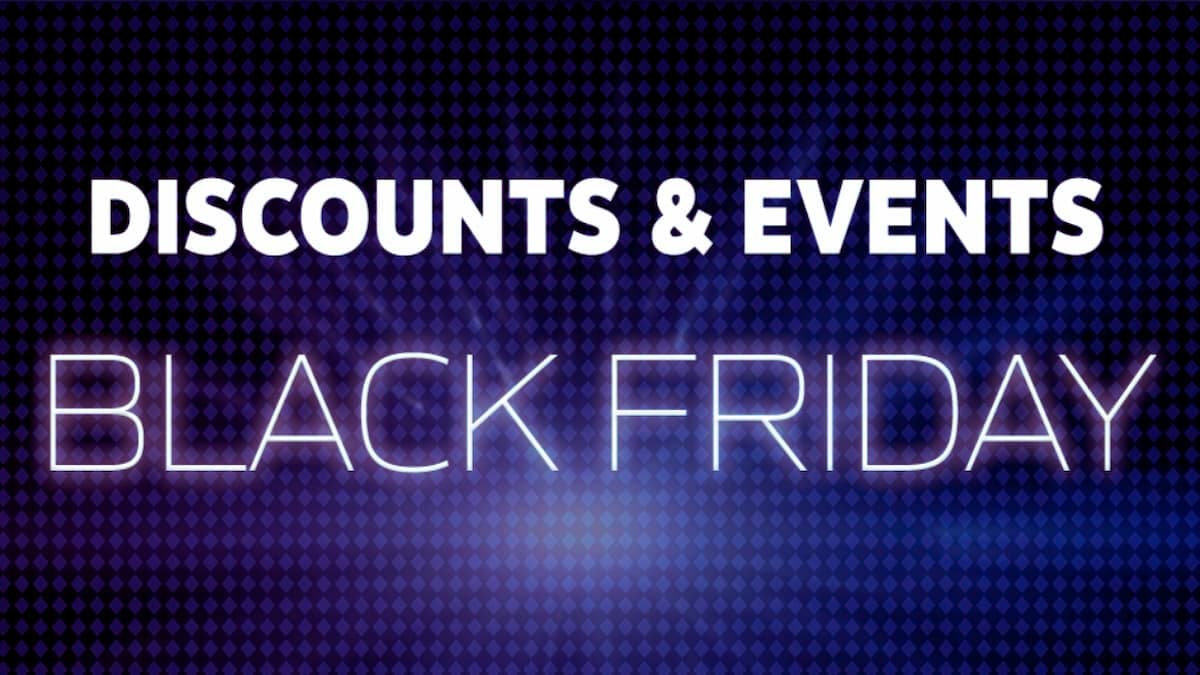

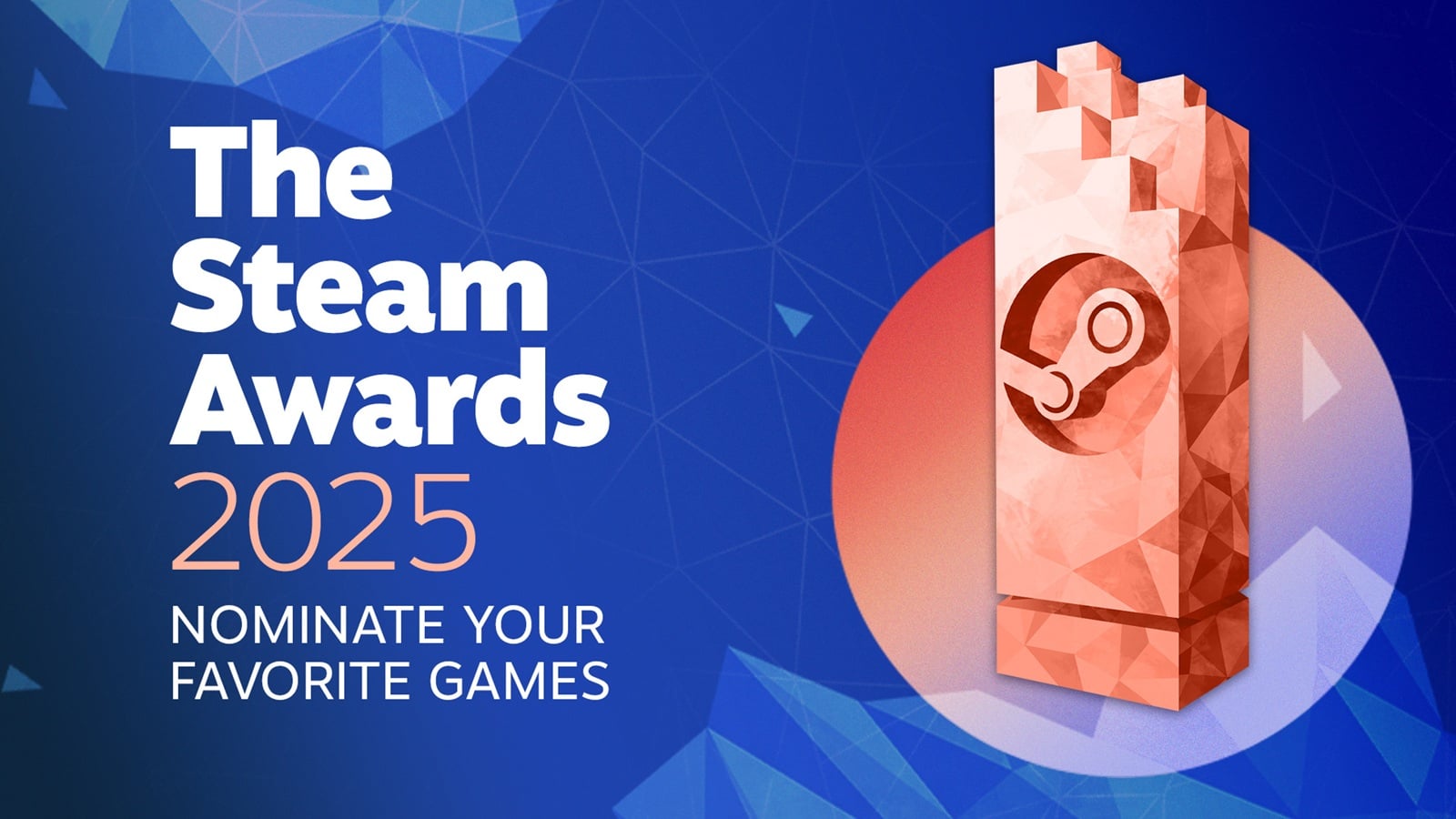

Published: Sep 1, 2018 09:08 am